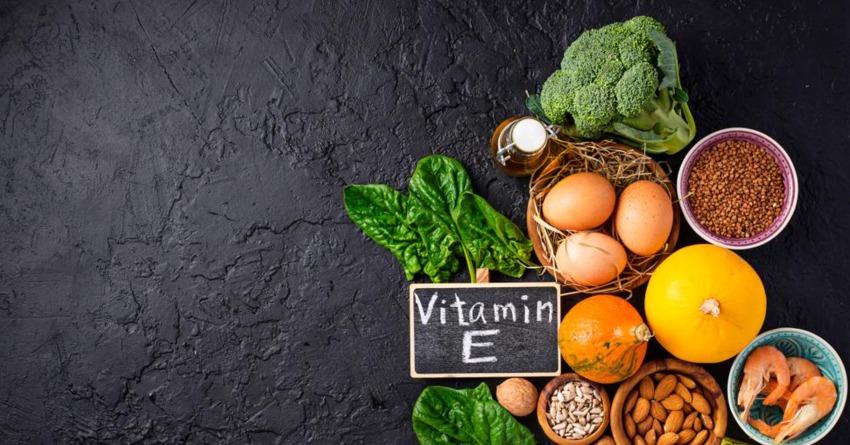In the world of vitamins, one that stands out for its essential role in keeping our bodies healthy is Vitamin E. Let’s explore why this nutrient is so important and how it benefits our overall well-being.

What is Vitamin E
Vitamin E is a fat-soluble vitamin, meaning it dissolves in fat and is stored in the body’s fatty tissues. It acts as an antioxidant, which means it helps to protect our cells from damage caused by free radicals.
Why is Vitamin E Important
Vitamin E plays several crucial roles in maintaining good health. One of its main functions is to protect cells from oxidative stress, which can lead to various health problems, including heart disease, cancer, and premature aging.
Benefits of Vitamin E
– Heart Health: Vitamin E helps to improve blood circulation and prevent the formation of blood clots, reducing the risk of heart disease and stroke.
– Immune Function: Vitamin E strengthens the immune system, helping the body to fight off infections and illnesses more effectively.
– Skin Health: Vitamin E is known for its moisturizing properties and ability to promote healthy skin. It helps to protect the skin from sun damage, reduce inflammation, and improve overall skin texture and appearance.
– Eye Health: Vitamin E plays a role in maintaining good vision and preventing age-related macular degeneration, a leading cause of vision loss in older adults.
– Brain Health: Some studies suggest that Vitamin E may help to slow down cognitive decline and reduce the risk of developing conditions like Alzheimer’s disease.
Food Sources of Vitamin E
Vitamin E is found naturally in many foods, including:
– Nuts and Seeds: Almonds, sunflower seeds, hazelnuts, and peanuts are excellent sources of Vitamin E.
– Vegetable Oils: Olive oil, sunflower oil, and wheat germ oil are rich in Vitamin E.
– Green Leafy Vegetables: Spinach, broccoli, and kale contain Vitamin E, along with other essential nutrients.
– Fortified Foods: Some cereals, fruit juices, and spreads are fortified with Vitamin E to increase their nutritional value.
How Much Vitamin E Do You Need
The recommended daily intake of Vitamin E varies depending on age, sex, and overall health. For most adults, the recommended daily allowance (RDA) of Vitamin E is 15 milligrams (or 22.4 IU) per day.
Vitamin E Deficiency
A deficiency in Vitamin E is rare but can occur in certain situations, such as:
– Malabsorption Disorders: Conditions like celiac disease, Crohn’s disease, and cystic fibrosis can impair the body’s ability to absorb Vitamin E from food.
– Low-Fat Diets: Since Vitamin E is a fat-soluble vitamin, people who follow very low-fat diets may not get enough of this nutrient.
– Genetic Disorders: Some rare genetic disorders can cause Vitamin E deficiency, leading to neurological problems and muscle weakness.
While it’s best to get Vitamin E from food sources, supplements are available for those who may have trouble meeting their daily requirements through diet alone. However, it’s essential to consult with a healthcare professional before starting any new supplement regimen, as excessive intake of Vitamin E can cause adverse effects.
Leave a Reply